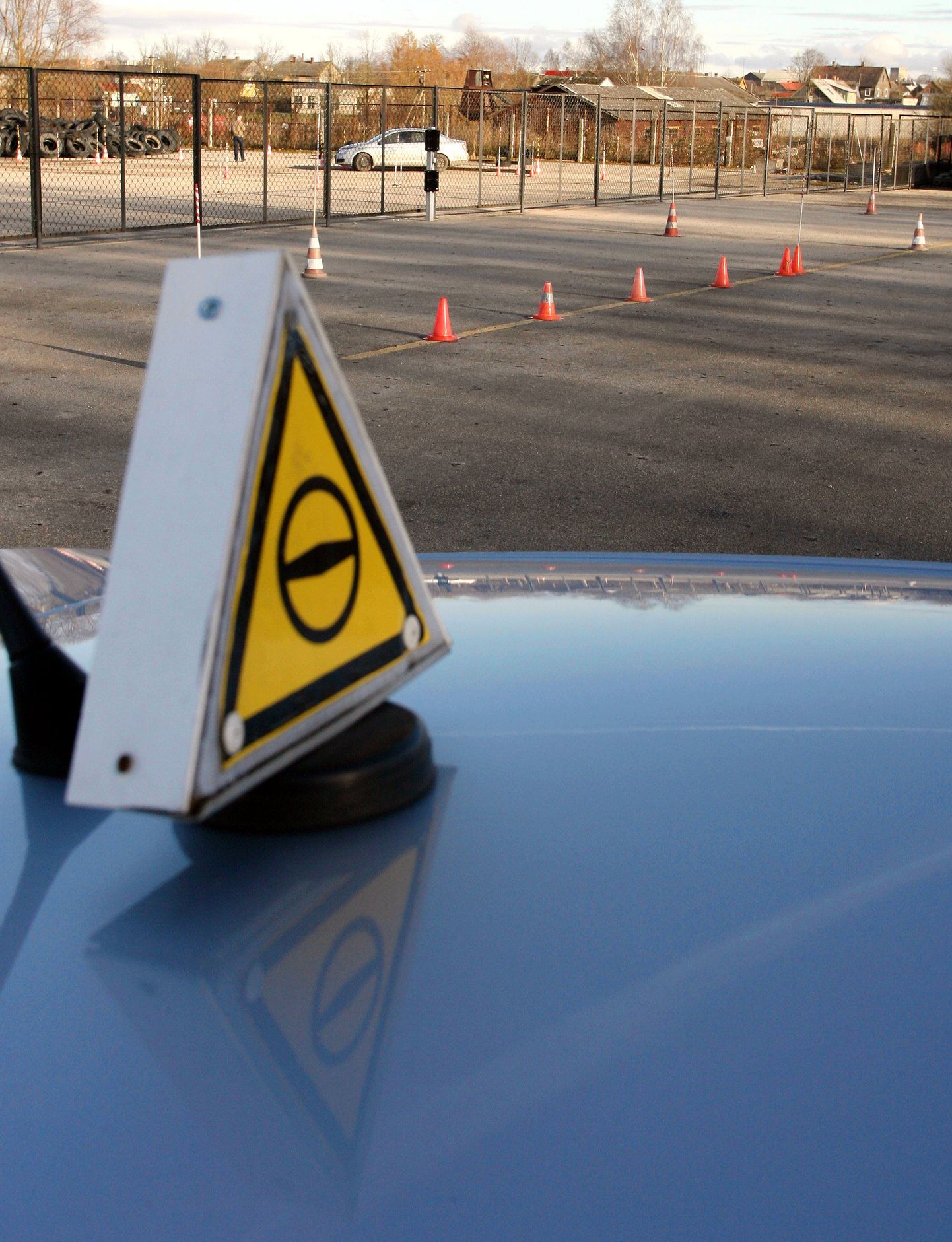
Pursuant to Traffic Act entered into force in 2011, traffic offenders with provisional driving licences will have to get follow-up training and counselling by a psychologist. Last year, 479 people passed the training.

Pursuant to Traffic Act entered into force in 2011, traffic offenders with provisional driving licences will have to get follow-up training and counselling by a psychologist. Last year, 479 people passed the training.
Traffic psychologists work in five Estonian towns: Tallinn, Tartu, Pärnu, Rakvere and Narva. In addition to novice offenders, psychologists also provide follow-up training to people caught driving drunk or under influence of narcotic drugs, as well as to people repeatedly disqualified from driving.
«Other follow-up trainers, as driving instructors with special preparation, may provide training to drivers with general risk behaviour tendencies disqualified from driving for the very first time,» explained Toivo Kangur, head of examinations department.
By its nature, follow-up training is a series of counselling sessions, needed to alter attitudes of grown-up persons, said Mr Kangur.
«The counsellor pinpoints the reason for misbehaviour, and they train the people in strategies needed to avoid risky behaviour in traffic,» he said. «The aim is to provide people with knowledge of the nature of their risk behaviour, in a personal case-by-case manner, and to form behaviour patterns needed to ensure safety of road users.»
Should a person fail to participate in all lectures or refuse to cooperate, the follow-up training is declared failed.
«There are some twenty-thirty cases of failure,» said Mr Kangur. «There are about 90 people, however, who have registered but not shown up.»
When asked about the efficiency of the trainings, Mr Kangur said it would be evident in a couple of years. «European studies of psychological follow-up trainings reveal that a minimum of 60 per cent of re-trained drivers stay away from punishment registers in following five years,» said Mr Kangur. «I hope we will do no worse.»
According to traffic psychologist Gunnar Meinhard, a measurement of efficiency might be how regularly people attend follow-up. And secondly, the numbers of those re-trained. If, in Europe, up to 30 per cent follow-up is recorded for three years, then in Estonia the percentage is under 5 for a year and a half.
«Clearly the persons involved are negative towards any activity hindering quick return of right to drive,» said Mr Meinhard. This, he says, is usually expressed by negative attitudes at initial meeting. However, the atmosphere tends to relax gradually.
«As a rule, by last session people arrive at the conclusion that they have indeed received support and been equipped, technically, for future,» said Mr Meinhard. «Thus, negativity often turns into positivity.»